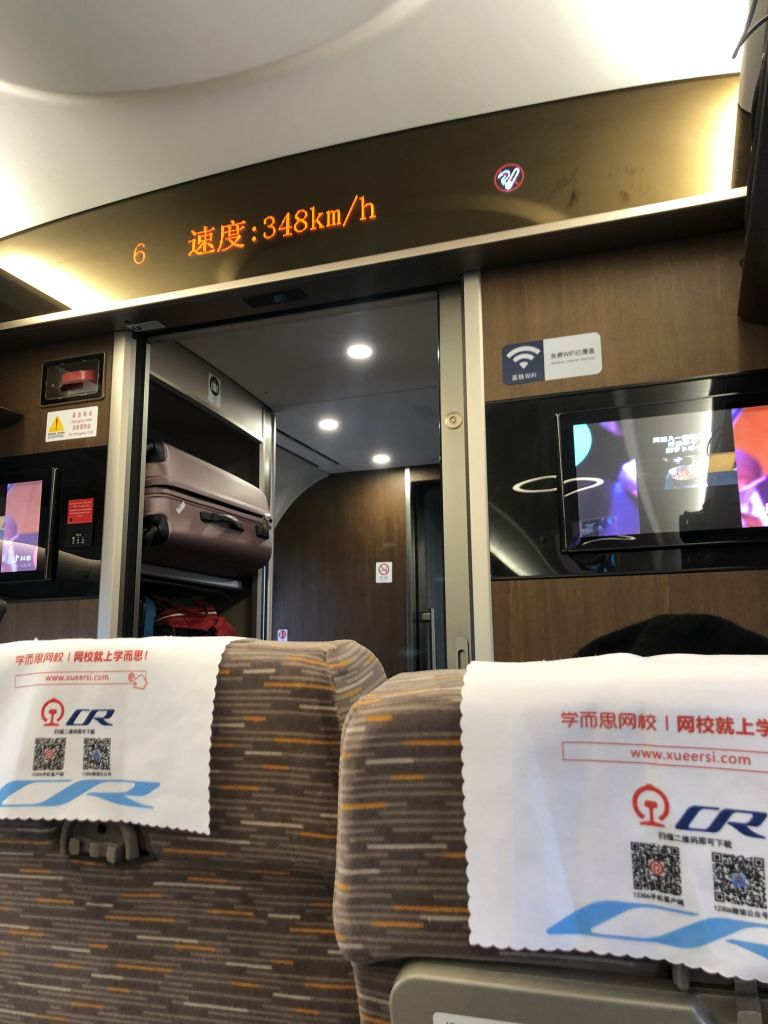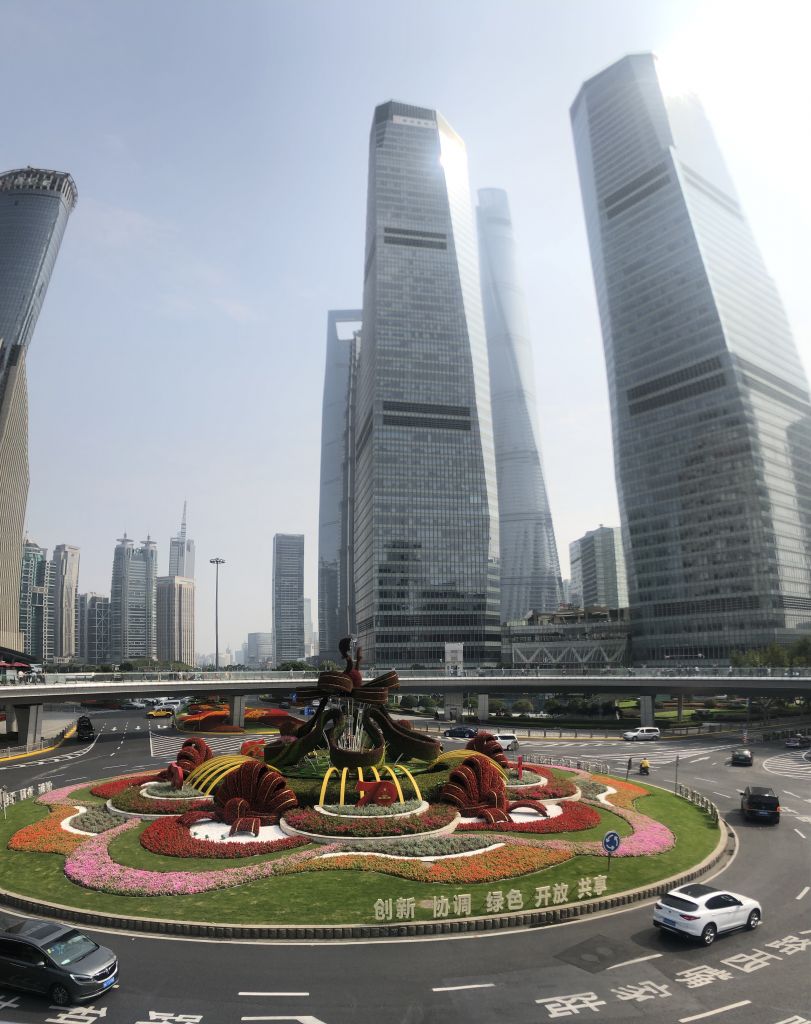4 hours in Shanghai are 6 years on earth

(Photo by Zarko Zaharov)
“Yes, can I have one more of these,” I ask the stewardess on the Shanghai to Copenhagen flight back home. A couple of minutes go by and I am handed my gin and tonic. I will need a few more of these to deal with my recent distressing epiphany. Soon we will all be driving Chinese cars.
But I will return to the cars in a second.
I just spent a couple of weeks traveling around China, and what an experience that was. China has a lot to offer, but what I didn’t expect I would find is what is quickly becoming the eighth wonder of the world; the Chinese infrastructure and industry.
I took the high-speed train from Beijing to Shanghai. Two of its major cities separated by some 1,200 km but connected by a high-speed railway raised some 5-8 meters off the ground. For all its 1,200 km. The cost of building a 1,200-km bridge must have been eyewatering. But the result is beyond incredible.

(Photo by Zarko Zaharov)
The train covers this vast distance in less than four and a half hours, averaging 282 km/h in the process, including five stops. It does this as it cruises at 345-350 km/h. How does it feel to travel at this rate in a train? Surprisingly, and perhaps anticlimactically, rather uneventful. You simply don’t feel the speed.
We’ve (i.e. “China has”) reached a point in human development where the jet engine has a valid contender. If you were to fly the same distance, and account for having to arrive at the airport two hours before, check in, wait for boarding, and then the circus of landing, deboarding, going through various controls, waiting around rather embarrassedly for your Hello Kitty luggage, I am sure the train would be faster.
China has built these high-speed railways across its country and plans to add twice as many before 2022. Bear in mind that the country isn’t exactly the size of Luxembourg or Monaco where, if you tried hard enough, you could throw a paper plane from one corner of the country to the other. No, here, thousands and thousands of kilometers of infrastructure are needed.
The stats are even more impressive when it comes to its road networks. In 1999, China had zero highway kilometers. I repeat, zero. While today, twenty years later, it has around 150,000 km, propelling it into the position of being the country with most highway kilometers in the world.
And it’s adding a staggering 10,000 km of them, EVERY YEAR. I’ll let that sink in for a moment. That’s equivalent to the whole of West Jutland’s road network, including single-lane roads, town areas etc.

(Photo by Zarko Zaharov)
I guess this is a result of vast funds accumulated by producing the screen you’re reading this from, and the chair you’re sitting on. That, and cheap labor made possible by lots of baby making in the past. So, if you want a better infrastructure for us all, dim the lights, put that Barry White LP on and get busy. Anyway, I digress.
Another astounding statistic is that in the 90s, China had no car manufacturing. Now it produces more cars in a year than all the European countries – combined. Combined!
It’s not just quantity; the quality has increased too. While the cars produced in the early 00s were, like most other communist-produced cars, great ideas terribly executed, the 2019 models are … well, still crap, but a lot more respectable.
They went from making some hideous Tuk-Tuk variants, two-stroke engines polluting like your favorite coal-burning factory, to the current Tesla-competing electric cars with leather interiors, and the latest and greatest gizmos installed. Imagine where they will be in 2025. I’ll tell you where they will be. Parked in all our driveways.
Yep. The Chinese are coming.



































































































































Comments